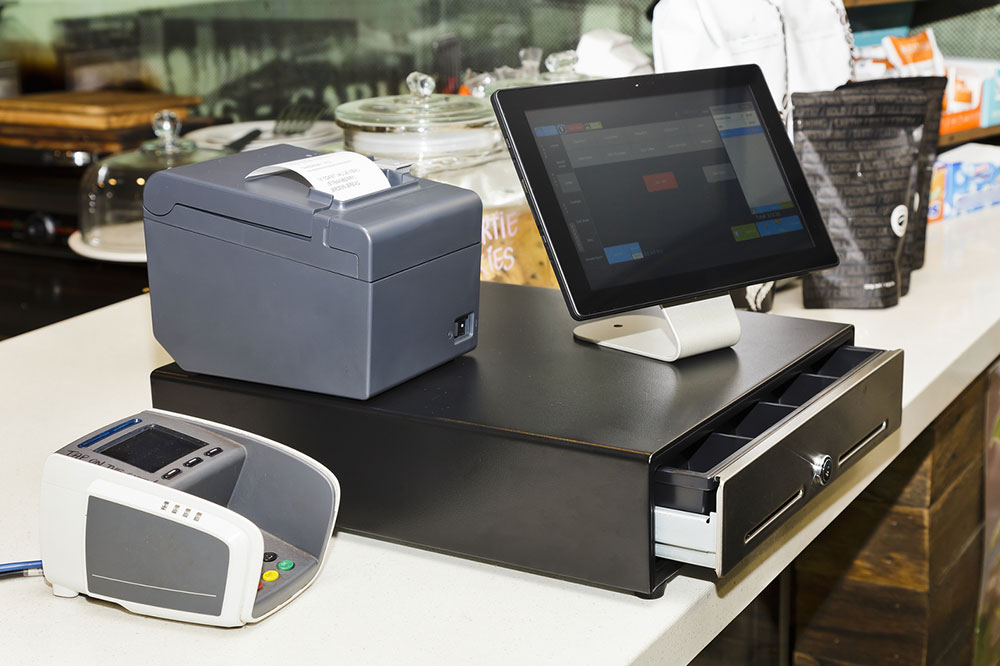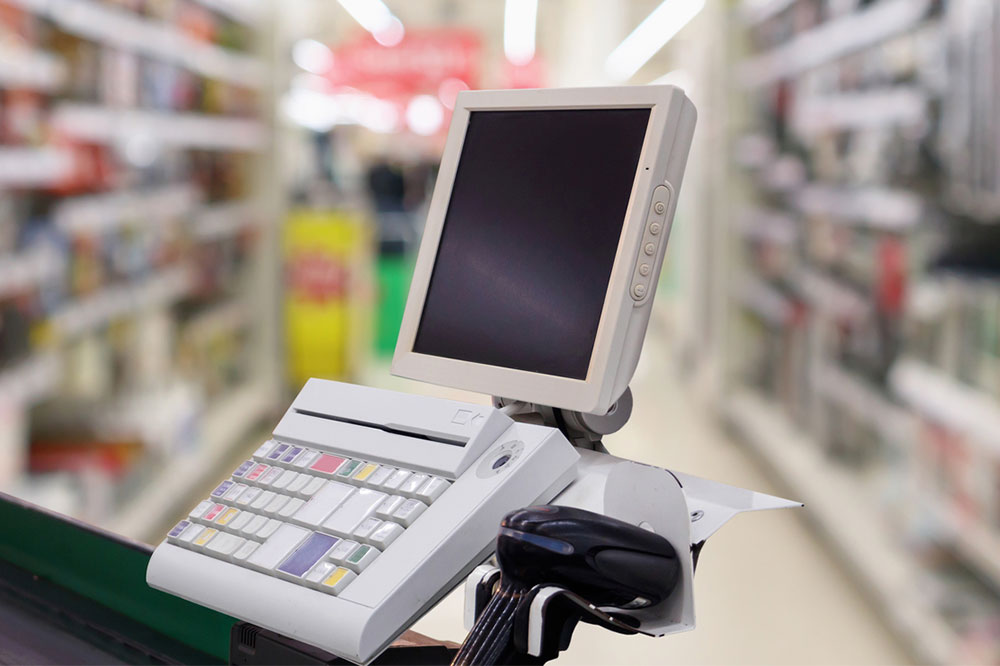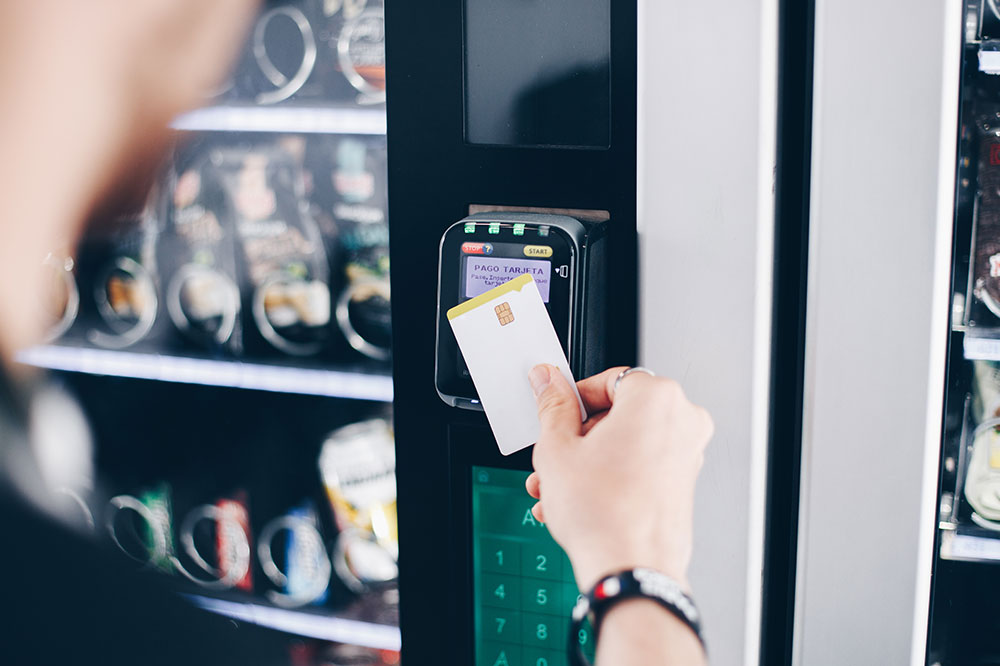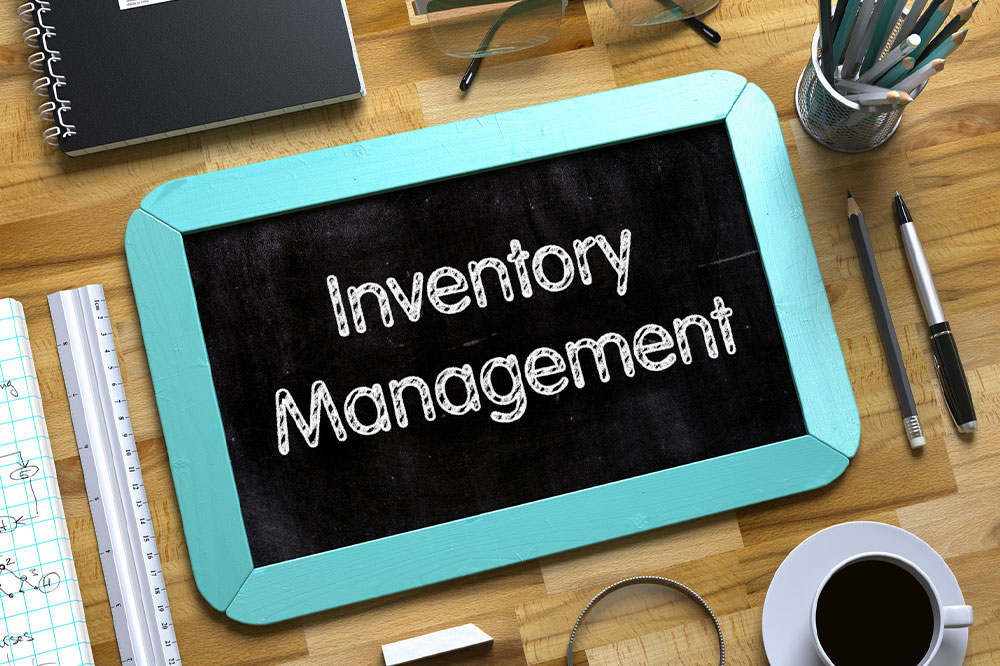Guide to Different POS Systems: Find the Perfect Solution for Your Business
Discover the various types of POS systems available and learn how to select the best solution for your business. From traditional setups to innovative cloud-based and hybrid options, this guide helps you make an informed decision to enhance operations, customer experience, and growth potential.
Sponsored

Point of Sale (POS) solutions are essential for modern enterprises, whether operating a small shop, a busy restaurant, or a large retail chain. An efficient POS system optimizes operations, enhances customer experience, and offers valuable business insights. With various options available, selecting the ideal system can be challenging. This article reviews the main types of POS solutions to assist you in making an informed choice.
Traditional POS Systems
Overview:
Traditional POS setups, often called legacy systems, rely heavily on hardware, including a computer terminal, cash drawer, receipt printer, barcode scanner, and sometimes a customer display.
Commonly used in retail and dining sectors, these systems are known for their stability and customization options.
Pros:
Dependable hardware delivering consistent performance
Rich feature sets tailored to specific industries
High degree of customization
Cons:
High initial investment and ongoing maintenance costs
Less flexible, harder to scale or modify
Requires continuous technical support
Mobile POS (mPOS)
Overview:
Mobile POS extends traditional capabilities by enabling transactions via smartphones or tablets. Popular options include Square, PayPal Here, and Shopify POS.
Advantages include portability and lower costs, as many businesses already possess suitable devices. These systems are simple to operate but might lack advanced features needed for larger operations, and they depend on reliable internet connectivity, raising security considerations.
Cloud-Based POS Systems
Overview:
Cloud-based or SaaS POS systems store data remotely and are accessible via browsers or mobile apps. Leading solutions include Lightspeed, Vend, and Square.
Advantages:
Accessible on any internet-connected device
Scalable to fit growing business needs
Provides real-time insights and reports
Disadvantages:
Subscription fees can add up over time
Dependent on internet stability
Potential privacy and data security concerns
All-in-One POS
Overview:
These integrated systems combine hardware and software in one package, ideal for businesses seeking a straightforward setup without extensive configuration.
Pros:
Simplifies implementation with all components included
Provides dedicated customer support
Ensures seamless operation
Cons:
High upfront costs
Limited flexibility for customization
Hybrid POS Systems
Overview:
Hybrid solutions mix the strengths of both traditional and cloud-based systems, suitable for businesses operating across multiple locations or with diverse needs.
Advantages:
Combines reliability with flexibility
Local data storage offers resilience during internet outages
Versatile for various operational models
Disadvantages:
More complex to set up and manage
Potentially higher costs due to combined features
Industry-Focused POS Solutions
Overview:
Systems tailored for specific sectors, such as restaurants with table management and online ordering, or retail with inventory control and customer rewards.
Advantages:
Features designed to meet industry needs
Compliance with sector standards
Disadvantages:
Limited flexibility for different industries
Can be more expensive due to specialization
Choosing the right POS involves assessing your operational needs and the features that will support your growth. Whether you prioritize reliability, flexibility, or industry-specific functions, careful selection will optimize your business performance. A well-chosen POS system enhances efficiency, customer engagement, and strategic decision-making, making it a vital tool in today’s competitive landscape.
Ensure you evaluate different options and consult with providers to identify the ideal POS solution tailored to your business goals.






